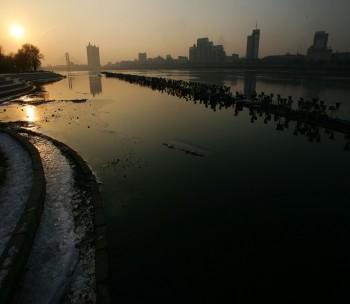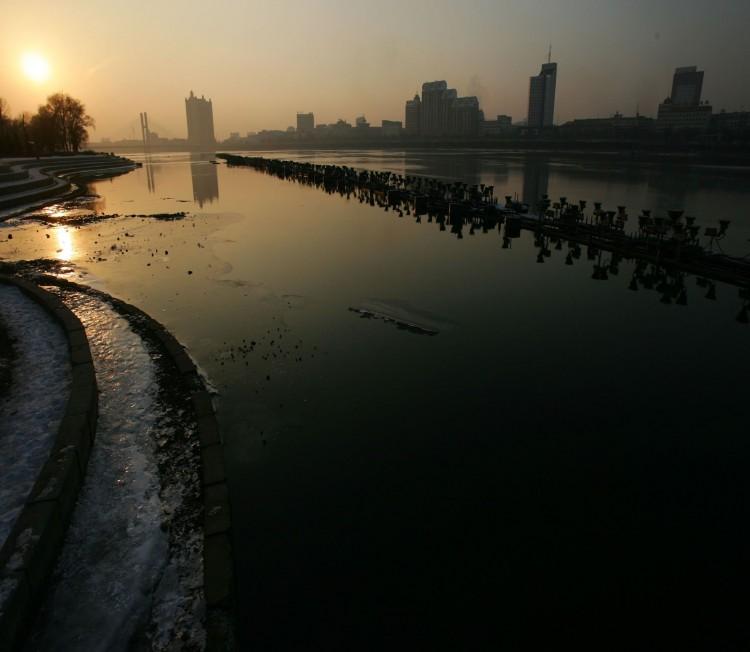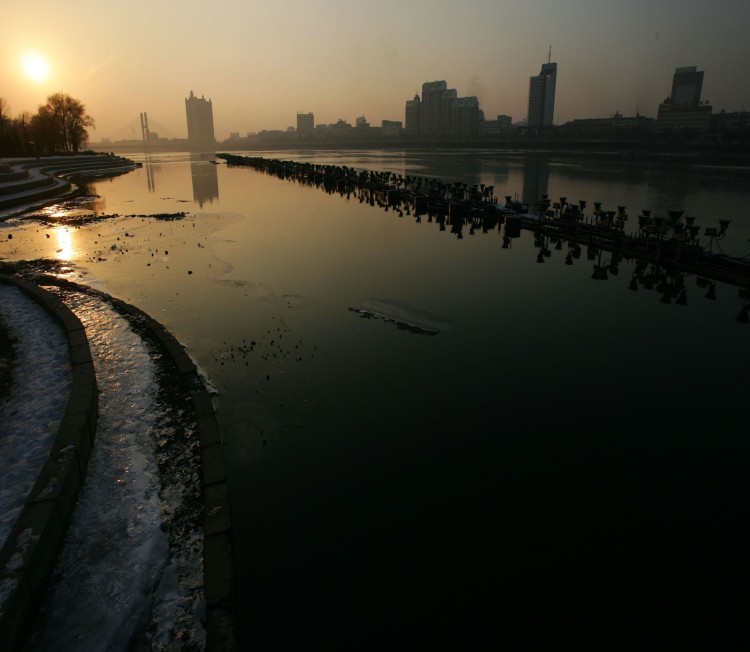PetroChina’s Pollution Clean-Up Pushed Onto Taxpayers
PetroChina’s Pollution-Clean-Up Pushed onto Taxpayers

The Songhuajiang River is seen on January 19, 2007 in Jilin City of Jilin Province, China. The River was polluted after an explosion at a chemical plant November 13, 2005. China Photos/Getty Images
|Updated:





